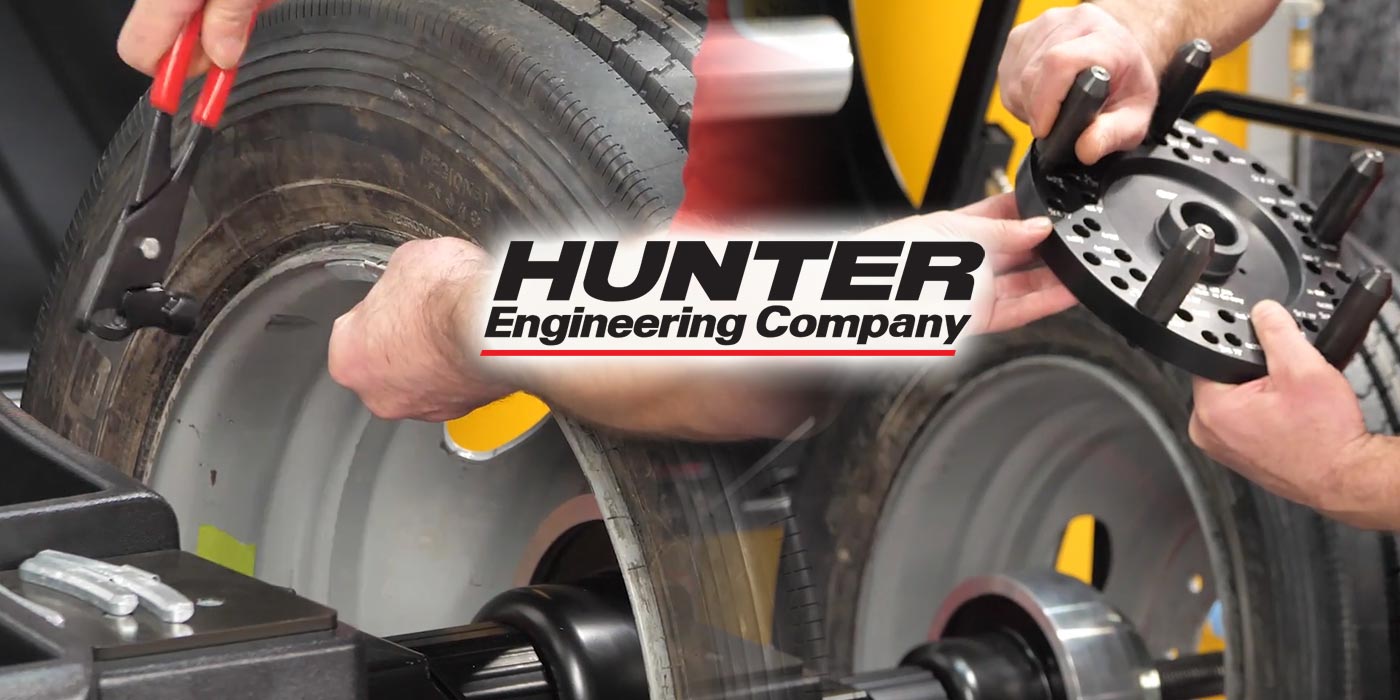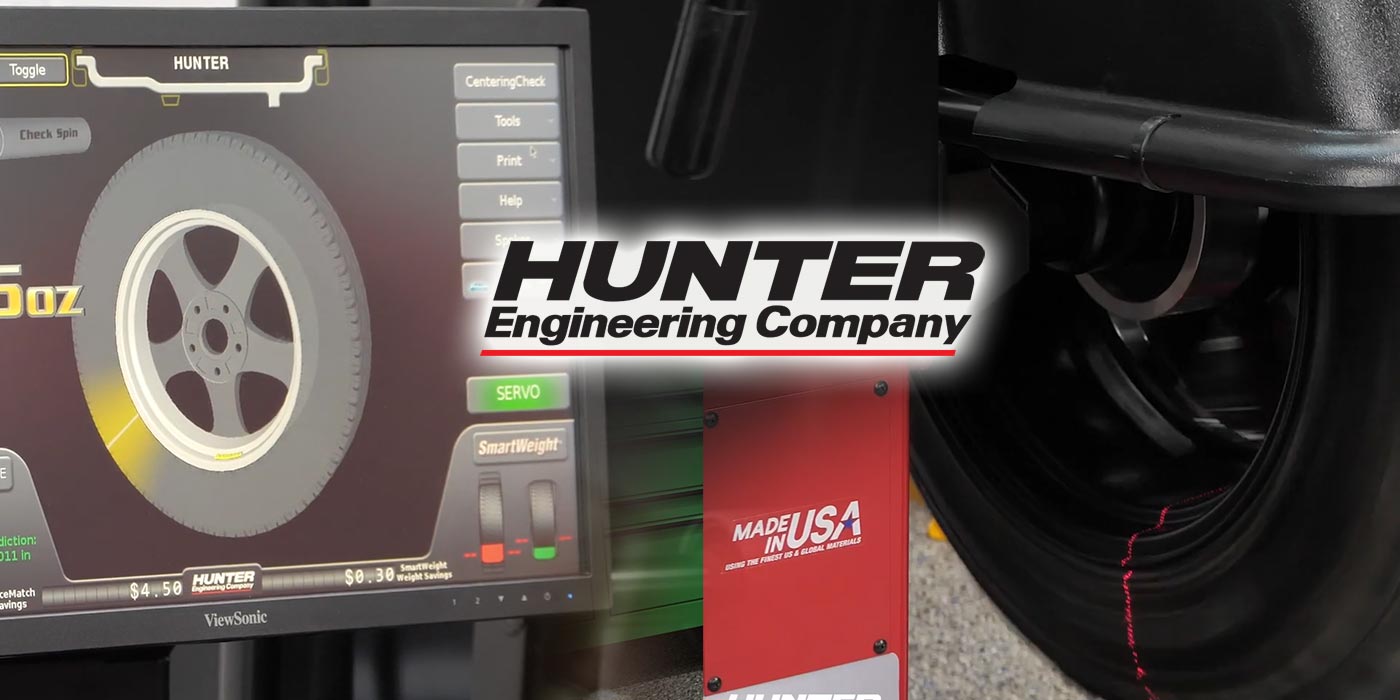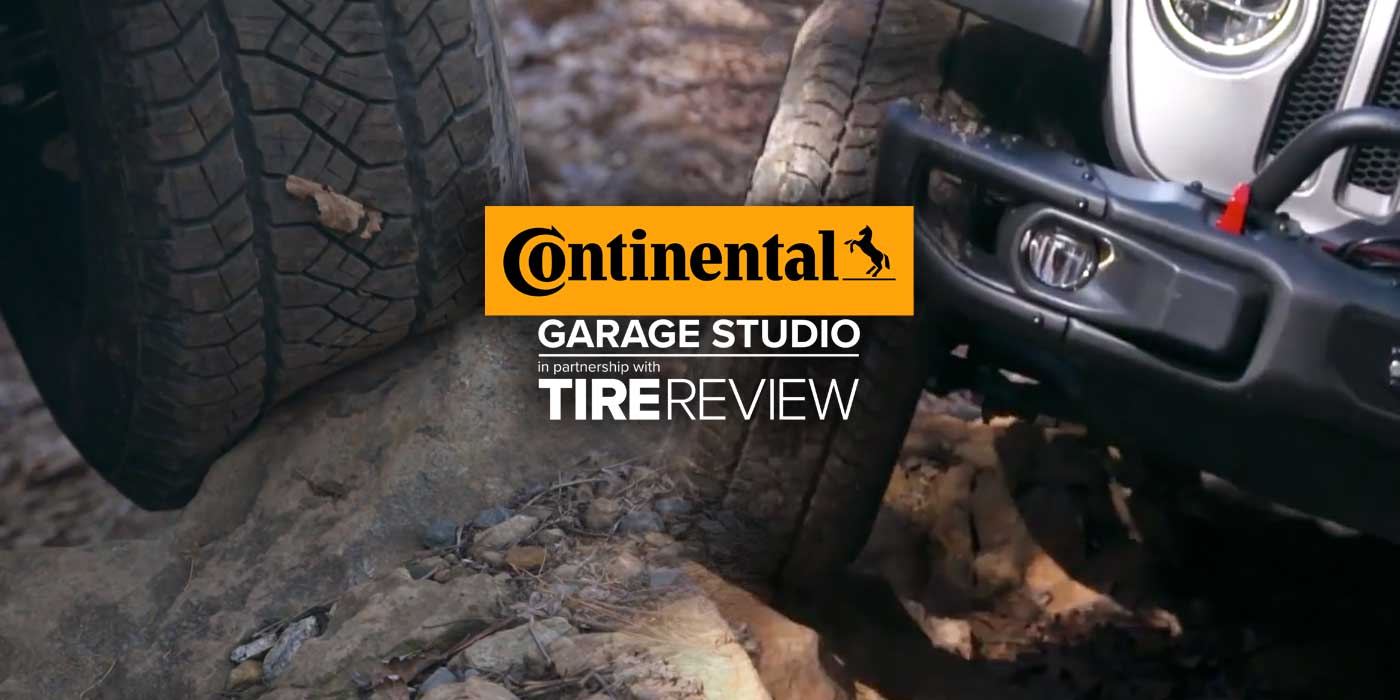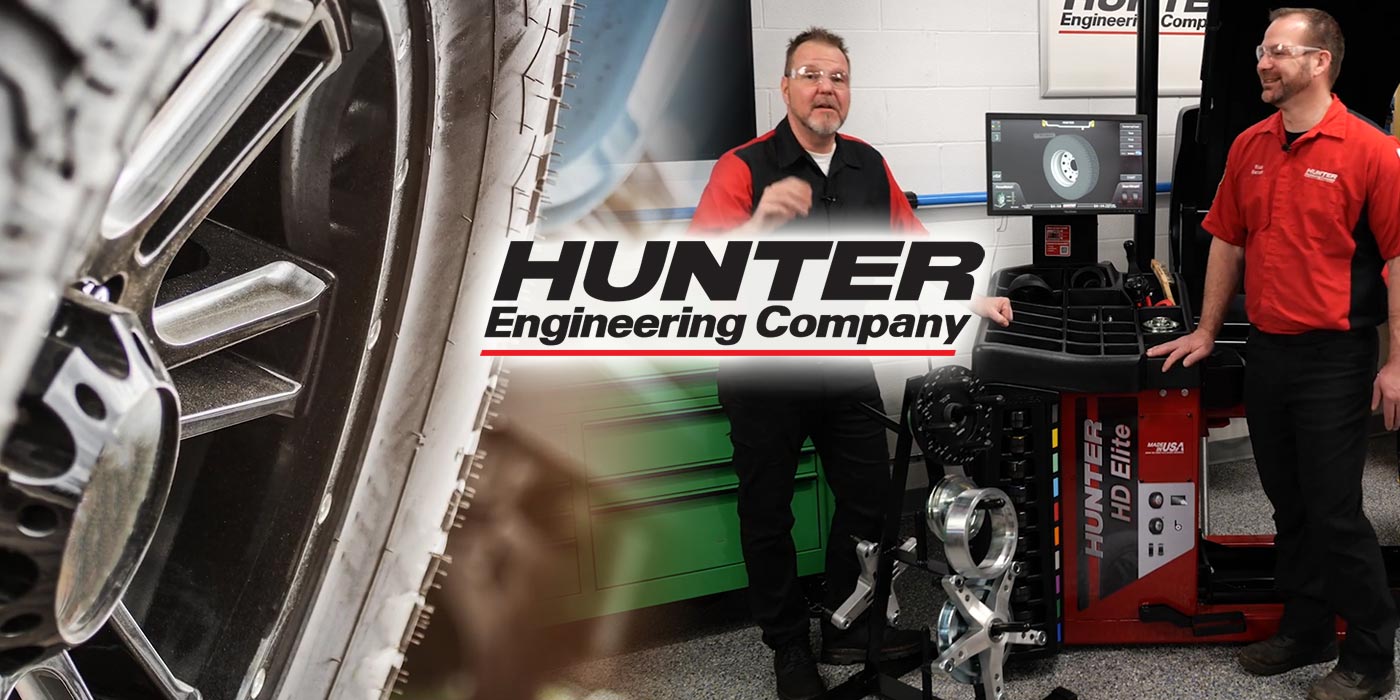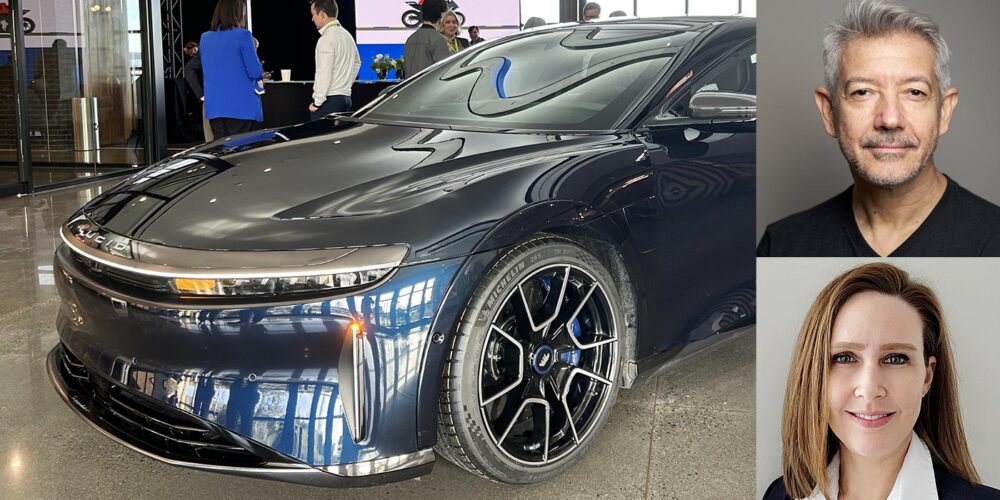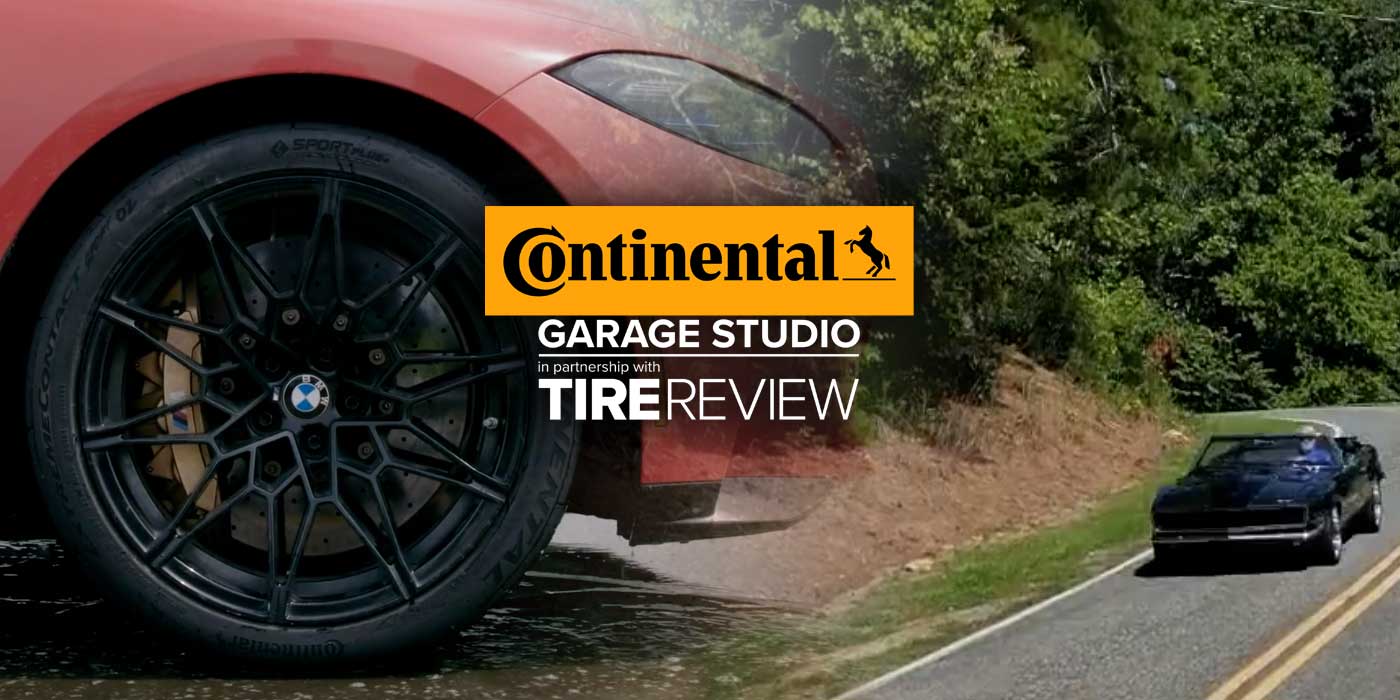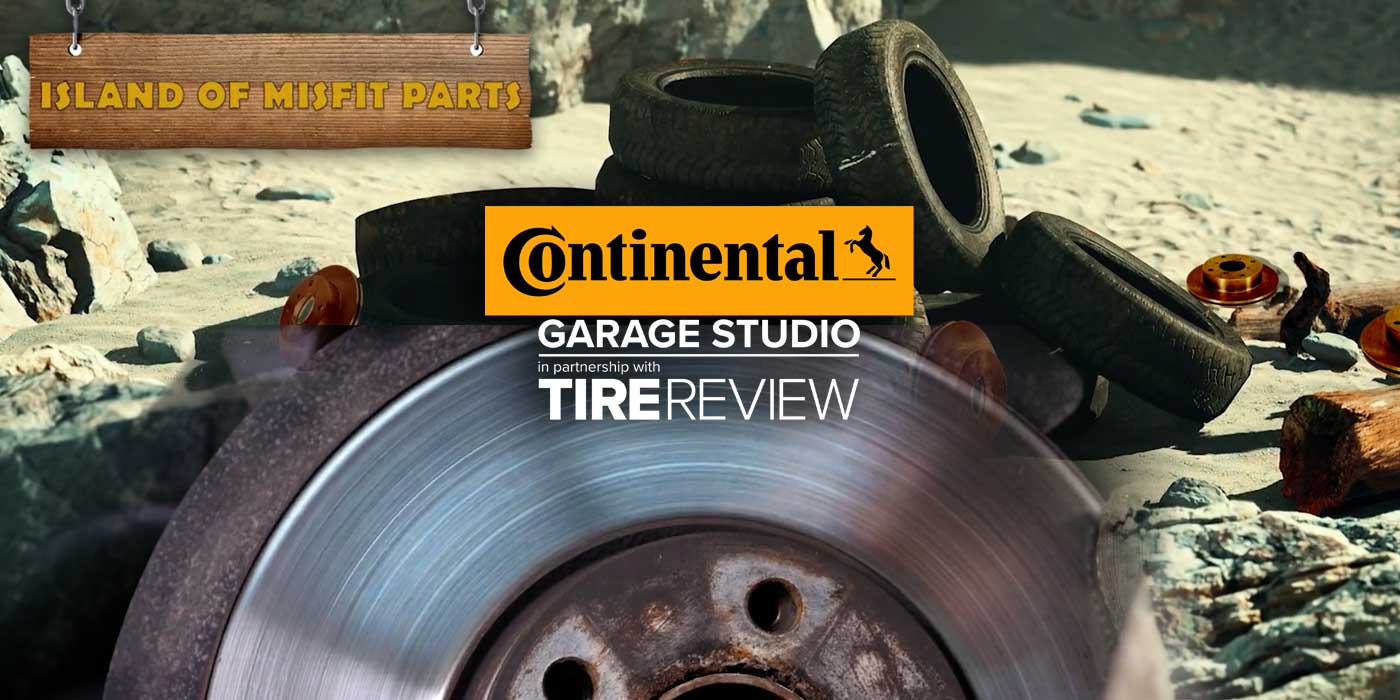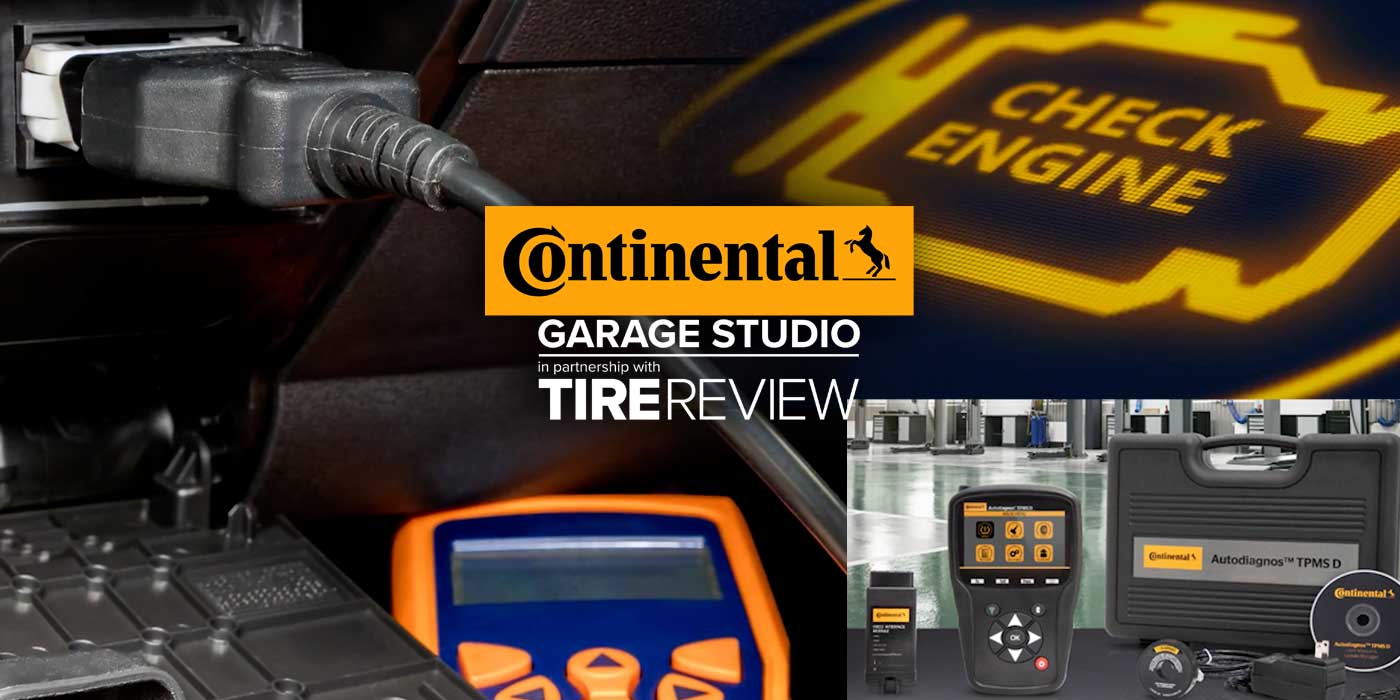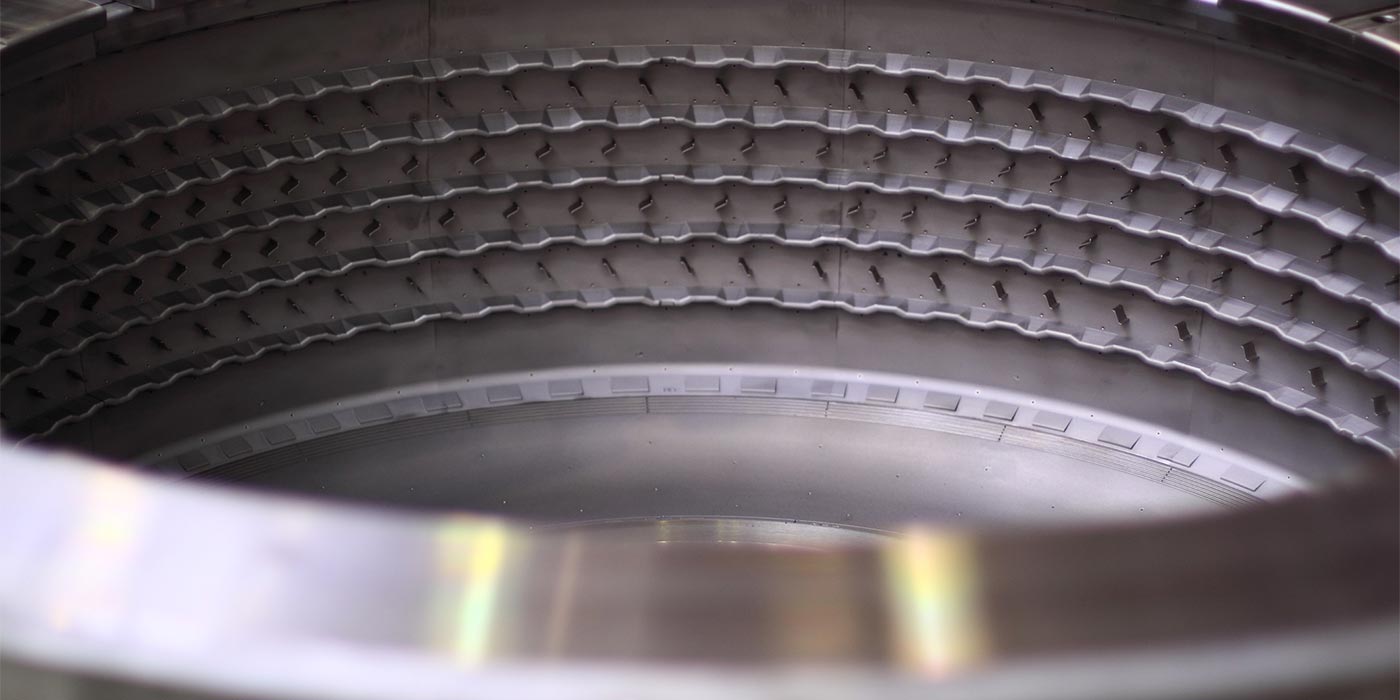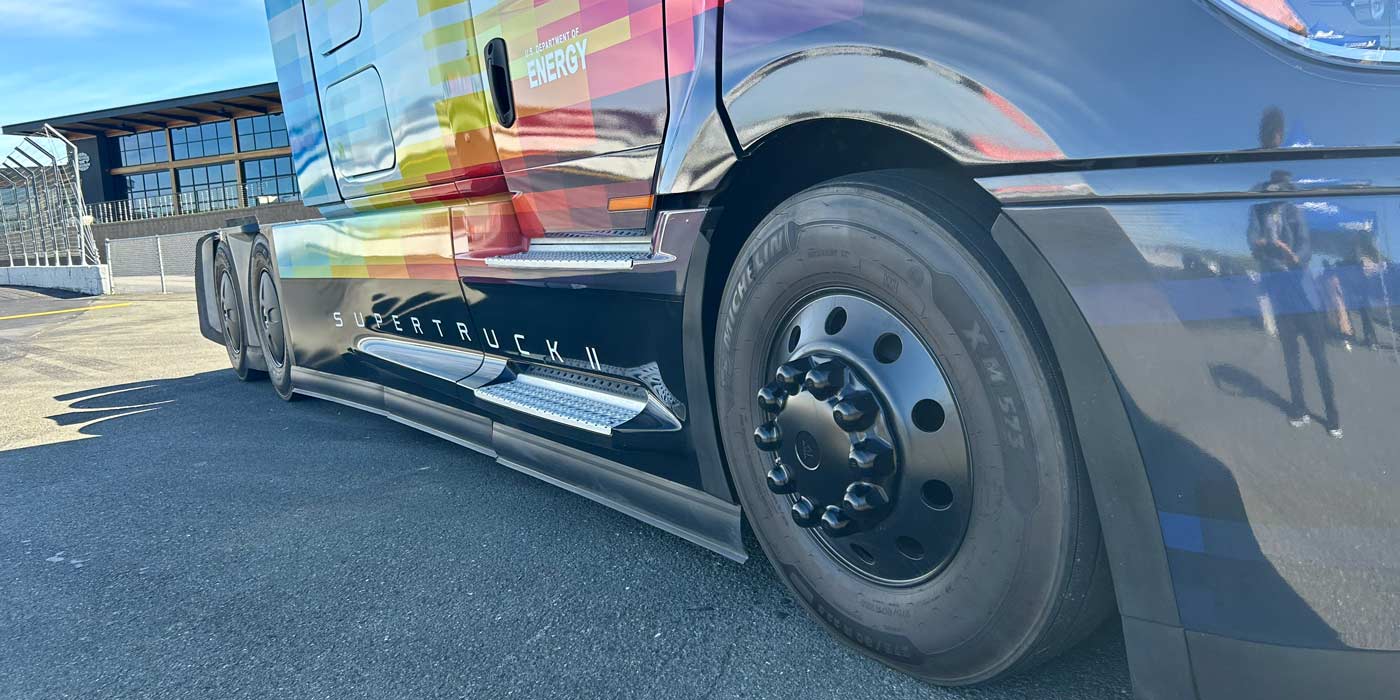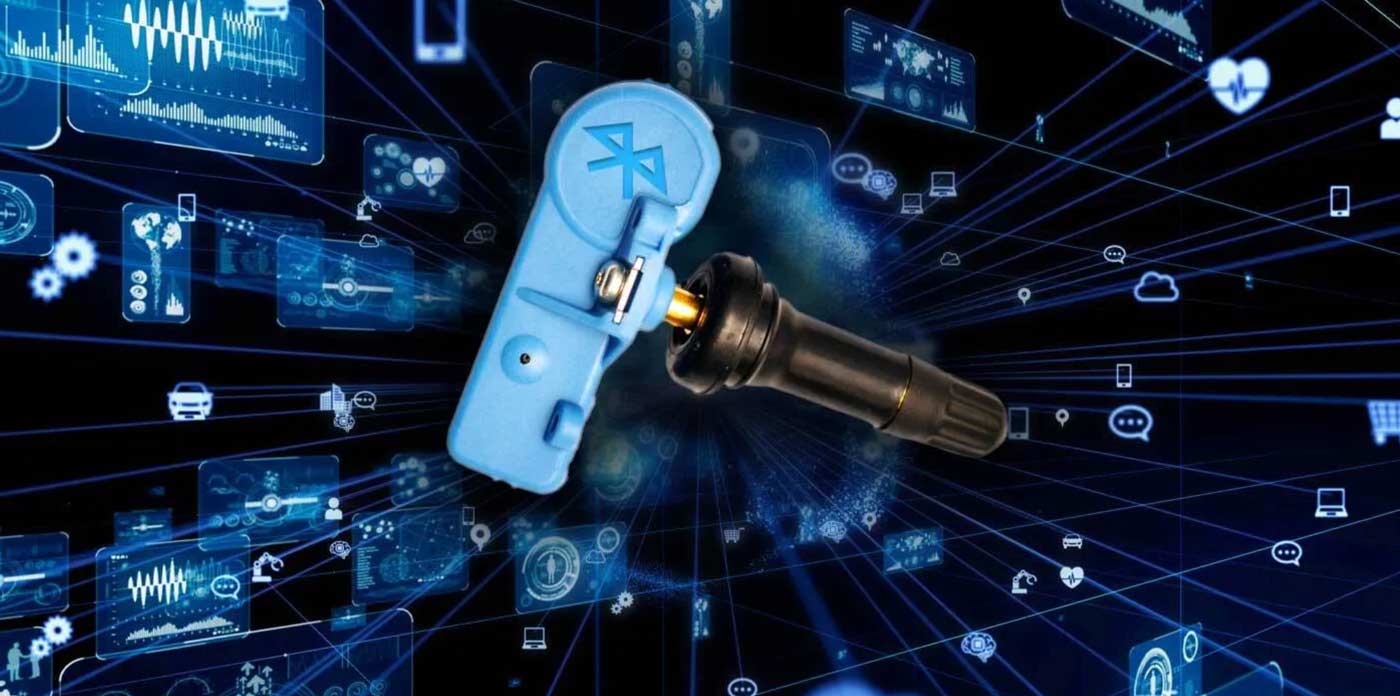Imagine you’re replacing a customer’s tires. You have a little clip-on wheel weight in your hand you took off earlier and you think, “eh, seems alright, let’s just put it back on.” Well, this might be a mistake.
Wheel weights might seem reusable and even inconsequential in the face of other parts, but you’ll be surprised just how much work they put in to keep your customer’s investment in their wheel assemblies from tanking.
In this Tire Review Continental Tire Garage Studio, we’ll dive into why these little parts shouldn’t be overlooked.
Although you might see shops occasionally reuse existing wheel weights for whatever reason, in nearly all cases, this practice should be avoided.
Once you get that weight taken off, it’s not the same piece it was when it was first installed. Its shape could be warped and its retention lessened by varying degrees, making it more likely to fail.
Now, you can be forgiven for thinking that reusing such a small, seemingly inconsequential part is no big deal, but it’s just the first piece of a domino effect. If the weight falls off, your customer’s wheel assembly could go out of balance. This could cause discomfort and annoying tire noise that makes its way to the cabin. And, if a wheel assembly is out of balance, it won’t run efficiently.
This could lead to other consequences like your customers going to the pump more often as their cars burn through fuel faster. In the worst-case scenario, they might even think you did something, and you could lose them as a customer for good.
With clip-on wheel weights, you might think, “Oh, I’ll just tighten it. It won’t fall off then, right?” Well, you are forgetting an important thing; extra stress leads to extra damage. Tightening clip-on wheel weights inflicts inherent stress on them. If you tighten your weights, you risk wearing them out even harder in the long run.
Replacing the wheel weights on your customers’ wheel assemblies is simply the safest option for customers’ wallets.
Don’t forget to follow us on Instagram and Facebook and subscribe to our YouTube channel for more tire, service and shop operations videos.

